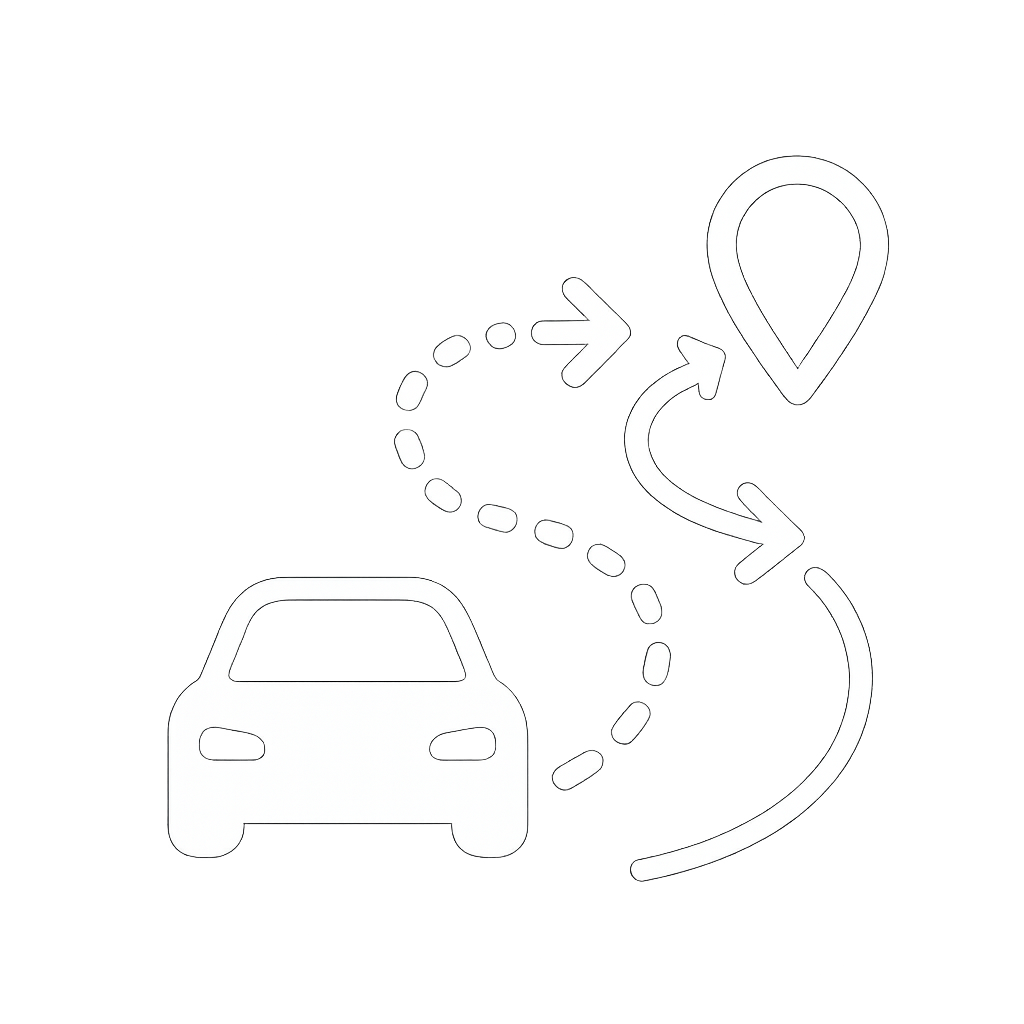Technical approach
Trajectory optimization, Reinforcement learning, Graph-based modeling, Markov decision processes, Probabilistic prediction, Deep learning for behavior and trajectory forecasting, Robust and stochastic control, Multi-agent coordination, and Model-predictive control.
Example projects
- Center for Smart Vehicles in a Smart World: Cooperative Planning
- CPS: Small: Behaviorally Compatible, Energy Efficient, and Network-Aware Vehicle Platooning Using Connected Vehicle Technology
Key publications
- Zhao, S., Zhang, J., Masoud, N., Jiang, Y., Huang, H., & Liu, T. (2025). Drift cornering control and real-vehicle deployment for electric vehicles . IEEE Transactions on Industrial Electronics, (2025).
- Zhao, S., Zhang, J., Masoud, N., Jiang, Y., Huang, H., & Liu, T. (2024). High-speed cornering control and real-vehicle deployment for autonomous electric vehicles . https://arxiv.org/abs/2411.11762.
- Yang, Z., Zhang, R., Pandey, G., Masoud, N., & Liu, H. X. (2023). A hierarchical vehicle behavior prediction framework with traffic signals and interactive agents . IEEE Transactions on Intelligent Transportation Systems, 24(10), 11066-11079.
- Zhang, E., Zhang, R., & Masoud, N. (2023). Predictive trajectory planning for autonomous vehicles at intersections using reinforcement learning . Transportation Research Part C: Emerging Technologies, 149, 104063.
- Zhang, R., Masoud, S., & Masoud, N. (2023). Impact of autonomous vehicles on the car-following behavior of human drivers . Journal of Transportation Engineering, Part A: Systems, 149(3), 04022152.
- Zhang, E., Masoud, N., Bandegi, M., Lull, J., & Malhan, R. K. (2022). Step attention: Sequential pedestrian trajectory prediction . IEEE Sensors Journal, 22(8), 8071-8083.
- Liu, X., Zhao, G., Masoud, N., & Zhu, Q. (2021). Trajectory planning for connected and automated vehicles: cruising, lane changing, and platooning . SAE International Journal of Connected and Automated Vehicles, 4(4), 315-333.
- Liu, X., Masoud, N., Zhu, Q., & Khojandi, A. (2022). A Markov decision process framework to incorporate network-level data in motion planning for connected and automated vehicles . Transportation Research Part C: Emerging Technologies, 136, 103550.
- Zhang, E., Pizzi, S., & Masoud, N. (2021). A learning-based method for predicting heterogeneous traffic agent trajectories: Implications for transfer learning . In 2021 IEEE International Intelligent Transportation Systems Conference (ITSC), 1853-1858. IEEE.
- Zhang, E., & Masoud, N. (2020). V2xsim: A V2X simulator for connected and automated vehicle environment simulation . In 2020 IEEE 23rd International Conference on Intelligent Transportation Systems (ITSC), 1-6. IEEE.
- Abdolmaleki, M., Shahabi, M., Yin, Y., & Masoud, N. (2021). Itinerary planning for cooperative truck platooning . Transportation Research Part B: Methodological, 153, 91-110.

